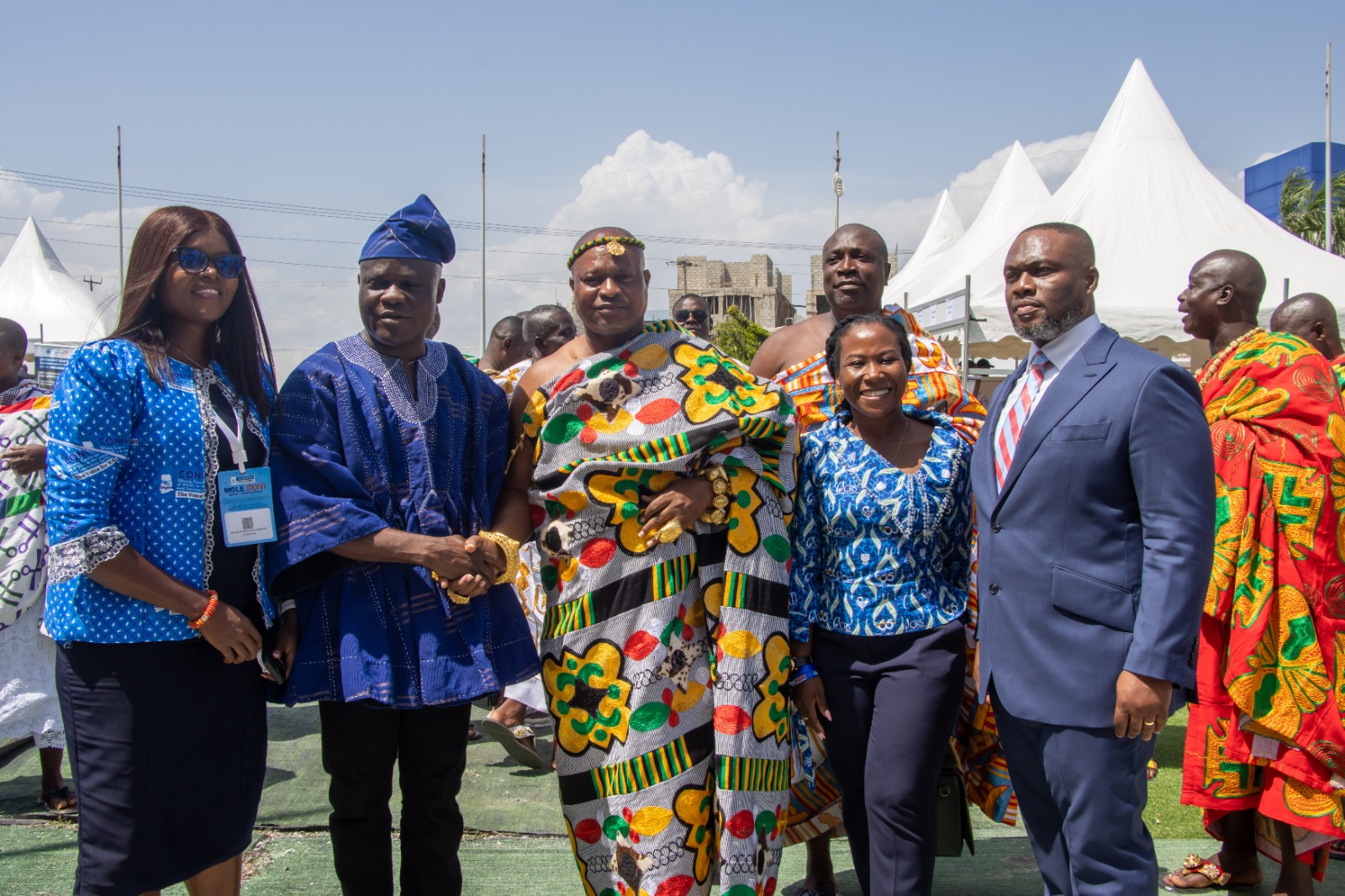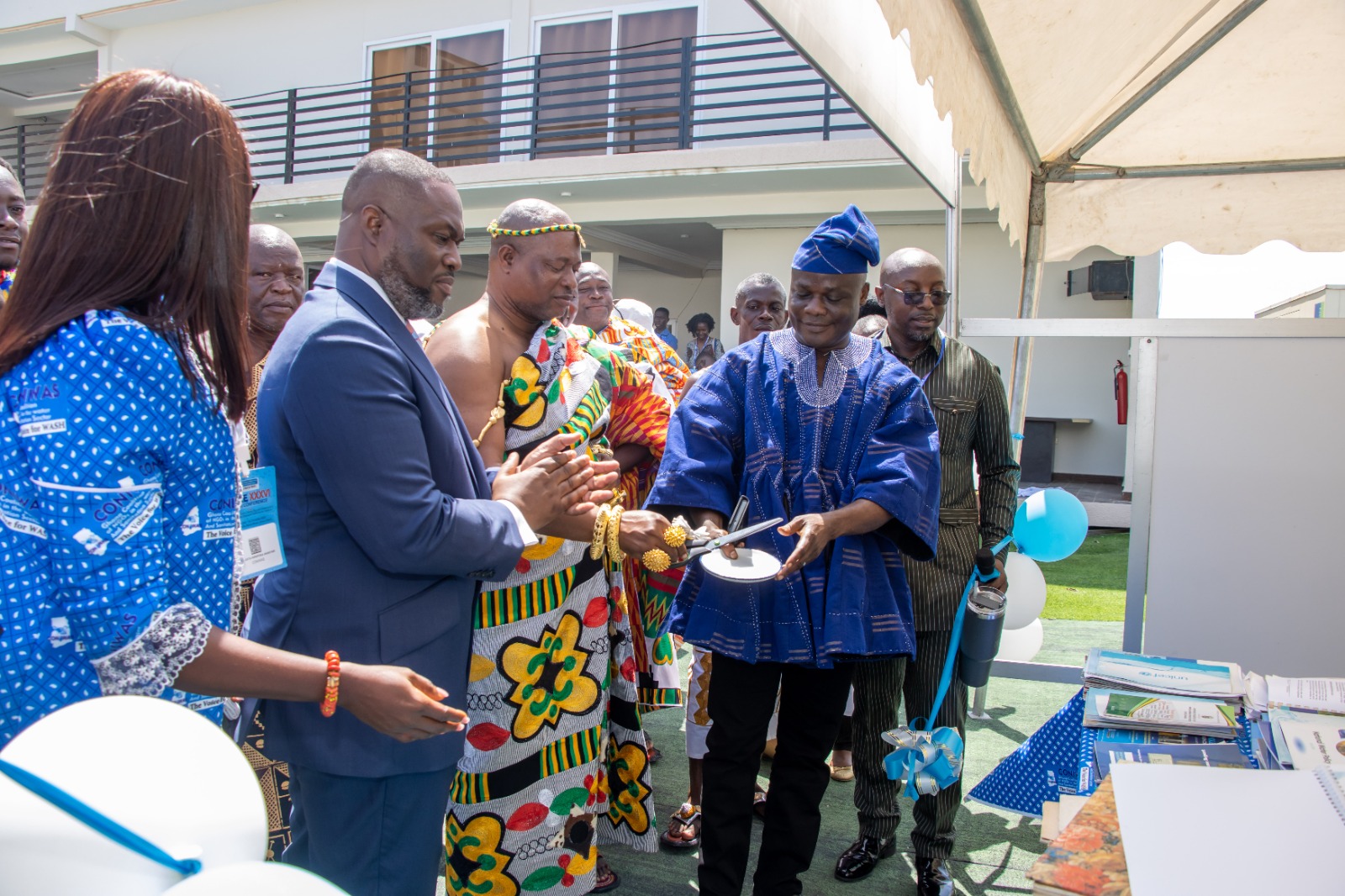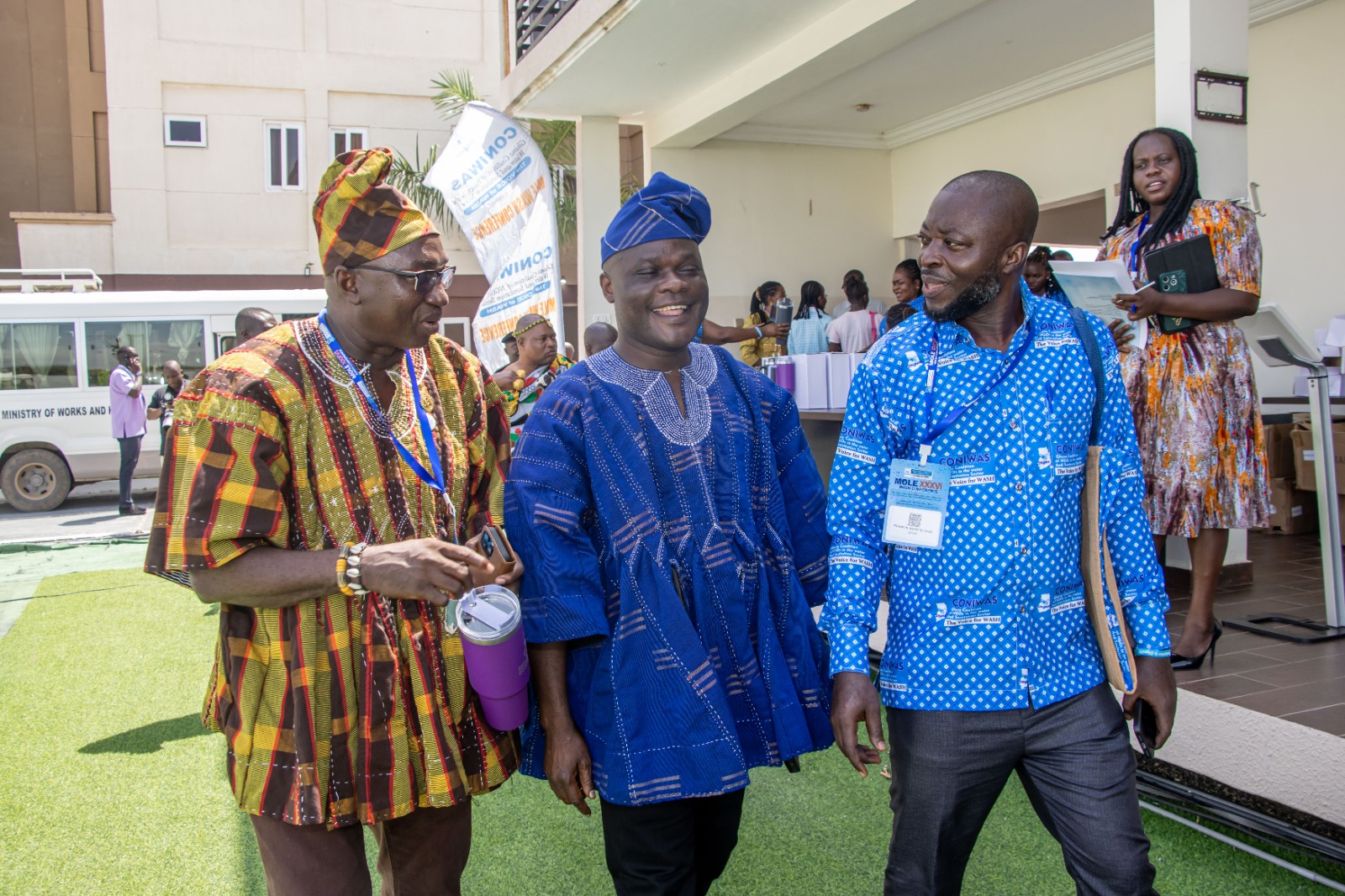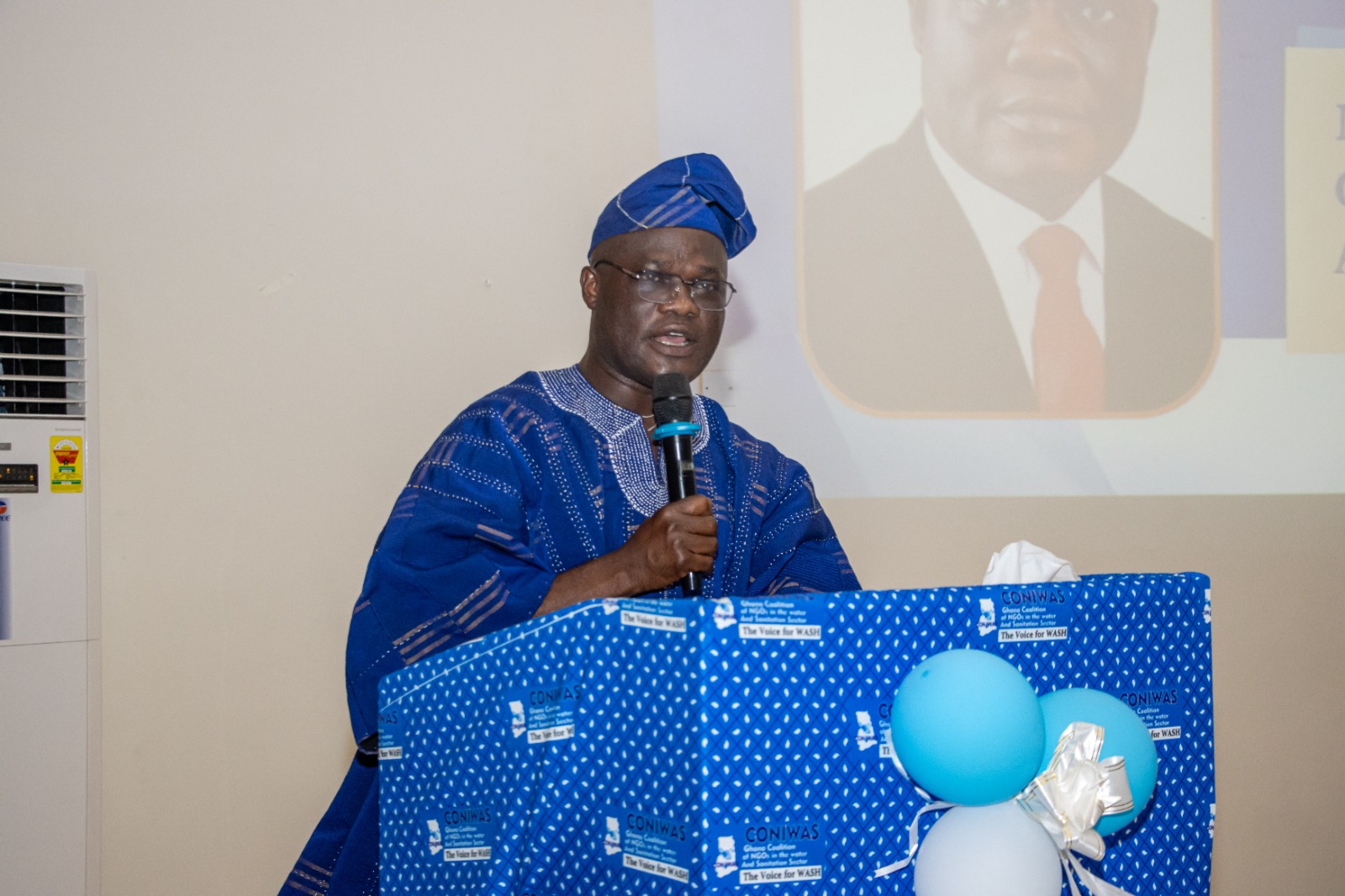Gomoa-Fetteh, Central Region – November 3, 2025:
The Minister for Local Government, Chieftaincy and Religious Affairs, Hon. Ahmed Ibrahim, has called for a coordinated, innovative, and data-driven approach to strengthen Ghana’s Water, Sanitation and Hygiene (WASH) sector and ensure universal access.
Speaking as a guest speaker at the 35th Mole Conference on WASH on November 3, 2025 held at the Marlin Beach Resort in Gomoa-Fetteh, Hon. Ibrahim said Ghana’s WASH progress depends on harmonized systems, empowered local authorities, and strong collaboration among government, civil society, and the private sector.
> “The future of sanitation, water and hygiene is not in fragmented efforts or isolated pilots,” he said. “It lies in innovation that works for the poorest and partnerships that are intentional and accountable.”
The Mole Conference, organised by the Coalition of NGOs in Water and Sanitation (CONIWAS), is the country’s leading platform for dialogue, learning, and partnership in the WASH sector. This year’s theme — “Advancing Innovation, Partnerships and Evidence for a Harmonized and Regulated WASH Sector in Ghana” — brought together key actors to discuss policy coherence, data use, and sustainability.
Hon. Ibrahim commended CONIWAS and partners for sustaining the Mole series and acknowledged progress in sanitation delivery across districts, including container-based sanitation in Kumasi, digital desludging in Tamale, and youth-led waste entrepreneurship in Sekondi-Takoradi. He also highlighted the role of traditional and community leaders in driving behaviour change and environmental protection.
He, however, noted that rapid urbanisation, climate change, weak local capacity, and data gaps continue to hinder equitable service delivery. “These are not failures,” he observed. “They are lessons reminding us that Ghana’s next phase in WASH requires stronger systems, smarter investments, and deeper accountability.”
The Minister outlined ongoing reforms to modernise environmental health services, strengthen regulatory enforcement, and expand digital monitoring dashboards for evidence-based decision-making. He urged the private sector to view sanitation as a business opportunity and invest in recycling, waste logistics, and water enterprises.
> “A clean Ghana should not be a dream,” he said. “It should be a duty that begins in every home, every school, every market, and every workplace.”
Source: Darling Maame Efua Cann
MLGCRA PR UNIT

.jpeg)

.jpeg)
.jpeg)

.jpeg)

.jpeg)
